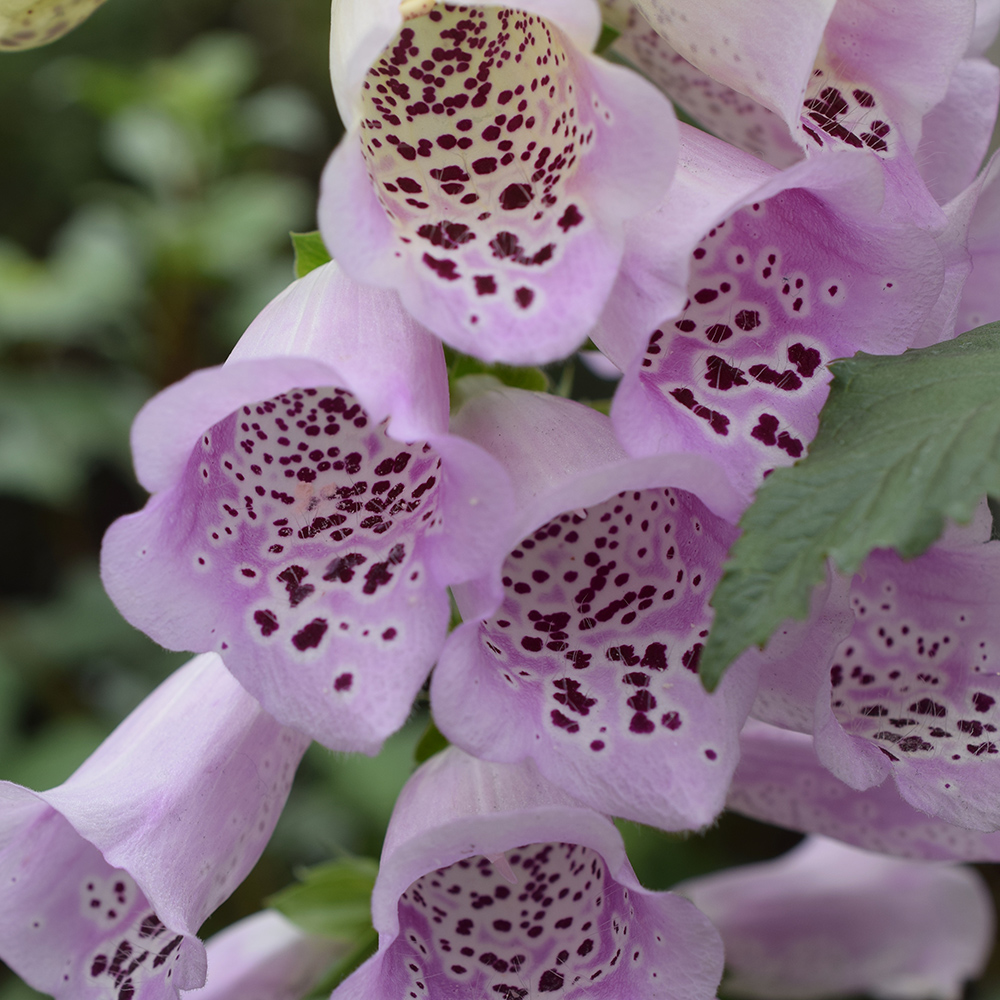
Did you know that each year, over 100,000 people call poison control centers with concerns over exposure to toxic plants? Often these misadventures don’t happen on camping trips, as you might imagine. Some of the most poisonous plants in California are also commonly found in our gardens! While most are generally harmless as long as you don’t eat them, it’s important to know whether your garden includes any of these plants. Children and pets will often put anything in their mouths, so you should at least be aware of whether these plants are growing in your yard.
Many plants produce compounds which are used in medicine. Foxglove, for example, produces digoxin which is used in heart medication. Just as prescription medications shouldn’t be taken by those who don’t need them, these plants should never be ingested.
The seeds of some fruits, such as apples, apricots, and plums can be dangerous because they contain arsenic. However, you’d have to consume quite a few seeds before suffering any serious effects. In most cases these fruit trees are perfectly safe to include in your landscaping, but it is worth being aware of this fact just in case you have a particularly munchy or teething toddler roaming the yard.
Some of the most common toxic garden plants include lantana, oleander, and sago palms. These are some very common plants as well with most people not realizing they can be dangerous. If these plants are ingested, the victim may experience gastrointestinal symptoms such as vomiting and diarrhea. Blurred vision, dizziness, disorientation, lethargy, skin rashes, and headache can also occur. In serious causes, the heartbeat may slow, blood pressure can drop, and liver damage can occur. Death due to ingestion of these plants is rare, but it can and does happen. Small children and dogs are particularly susceptible to this type of poisoning.
There are about 50 different species included in the Brunfelsia genus of flowering plants. These are commonly known as Yesterday, Today, and Tomorrow, or the nightshades. One species is even called “deadly nightshade,” due to its extreme potency. When shopping for plants for your garden, take a look at the scientific name. If the first name is “Brunfelsia,” then it is included in this genus of very dangerous plants. Do not use them in your garden if you have children or pets, or even if you’re worried about liability issues with neighborhood children or visiting friends. They will not harm you, however, as long as you don’t ingest them and they are truly beautiful, unique plants.
As with any medical emergency, seek treatment at the nearest emergency room immediately when you suspect poisoning from plants. When in doubt, you can call poison control for immediate information. In most cases serious injury and death are avoided by prompt medical attention. Keep a handy list of all plants in your garden, or be aware of any that are poisonous so that you can inform emergency room personnel of your suspicions right away. This could save precious time and make an enormous difference in the patient’s outcome.
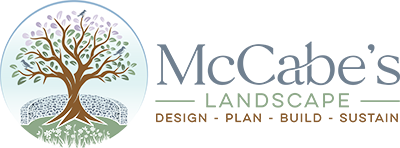

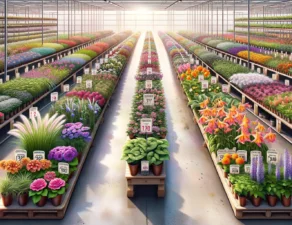
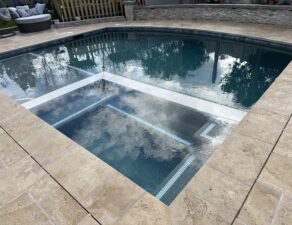
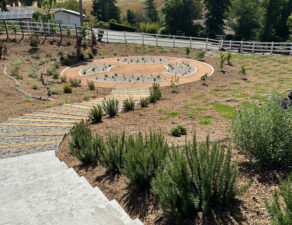
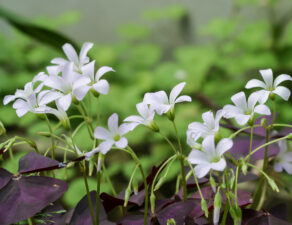
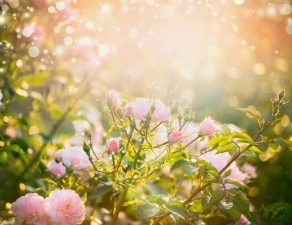
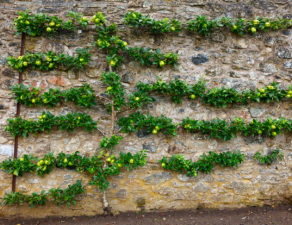
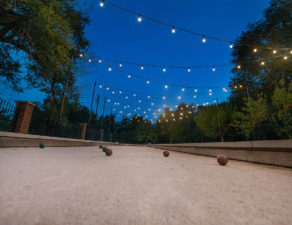
Write a comment: